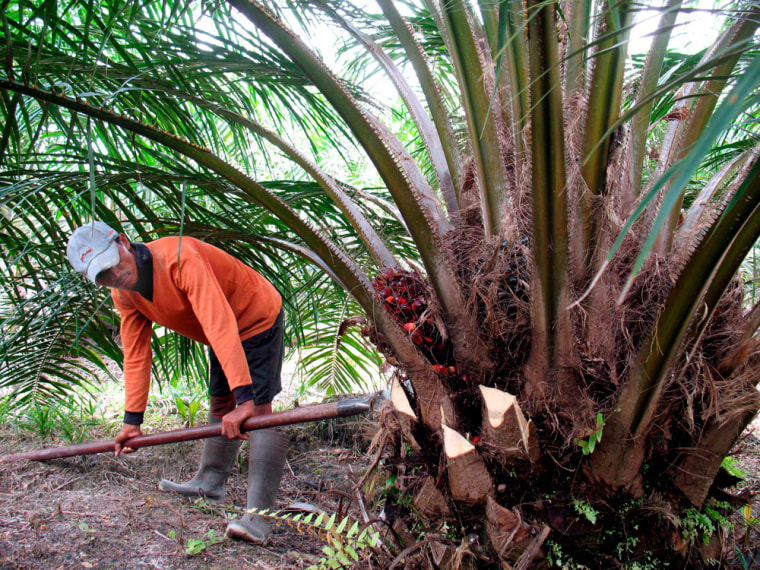Europe's dash for biofuels could accelerate the destruction of tropical rainforests, the European Commission admitted on Thursday.
The EU's executive arm said that the 27-member bloc's decision to increase tenfold its consumption of vehicle fuel made from crops by 2020 to reduce greenhouse gas emissions would increase the pressure on virgin land, especially in Asia.
However, it said it was working on laying down minimum standards for sustainable fuels.
Chris Davies, a British Liberal Member of Parliament whose question elicited the response, cast doubt on the effectiveness of such a policy.
He said: "In a bid to solve one problem, we risk creating another, and making things worse. Rainforest destruction is a major contributory factor in global warming and it would be ludicrous to promote this loss to slake our thirst for fuel.
"Any certification scheme would have to be treated with the greatest suspicion. We haven't been able to halt the supply from rainforests of illegally felled timber so how can we have confidence that sustainability certificates would be worth the paper on which they are written?" There are no mandatory certification programs today.
As well as cutting consumption, Davies favors waiting until new technologies exist that would permit the use of plant waste such as corn husks. Researchers believe these are still a few years away.
The Commission said that it would accompany its biofuel legislation, expected next year, with binding measures to deter the clearing of forest or peat bogs for fuel crops such as palm oil and methods that are energy intensive. Though rape seed and other vegetable oils were more efficient, they would remain scarce, it said.
It said the huge spread of palm oil plantations – global production grew by more than 10 metric tons, 41 percent, in the last four years – was not driven by biofuel demand. That was just 30,000 tons in 2005, it said. However, the EU alone will require 30 metric tons in 2020, much of which will be imported.
Sustainable measures for biofuels will not prevent the slashing of forests for food production, said the commission. "Growth in demand for food and household uses as well as for energy can be expected to continue," it said.
Stavros Dimas, the environment commissioner, has warned of the dangers of the "wrong kind" of biofuels. Some use almost as much energy to produce as they save in burning. However, EU leaders last month made a firm commitment that biofuels should account for 20 percent of vehicle fuels by 2020.
